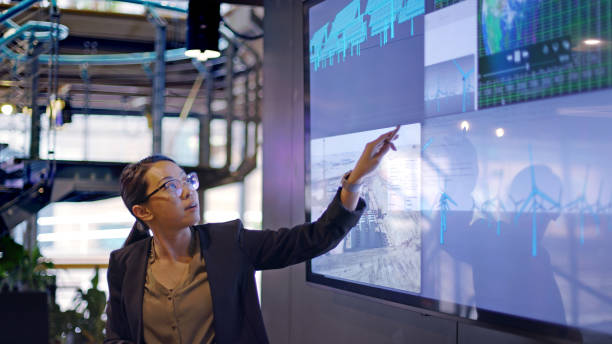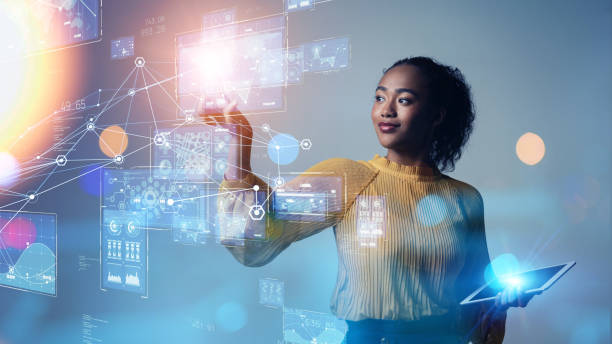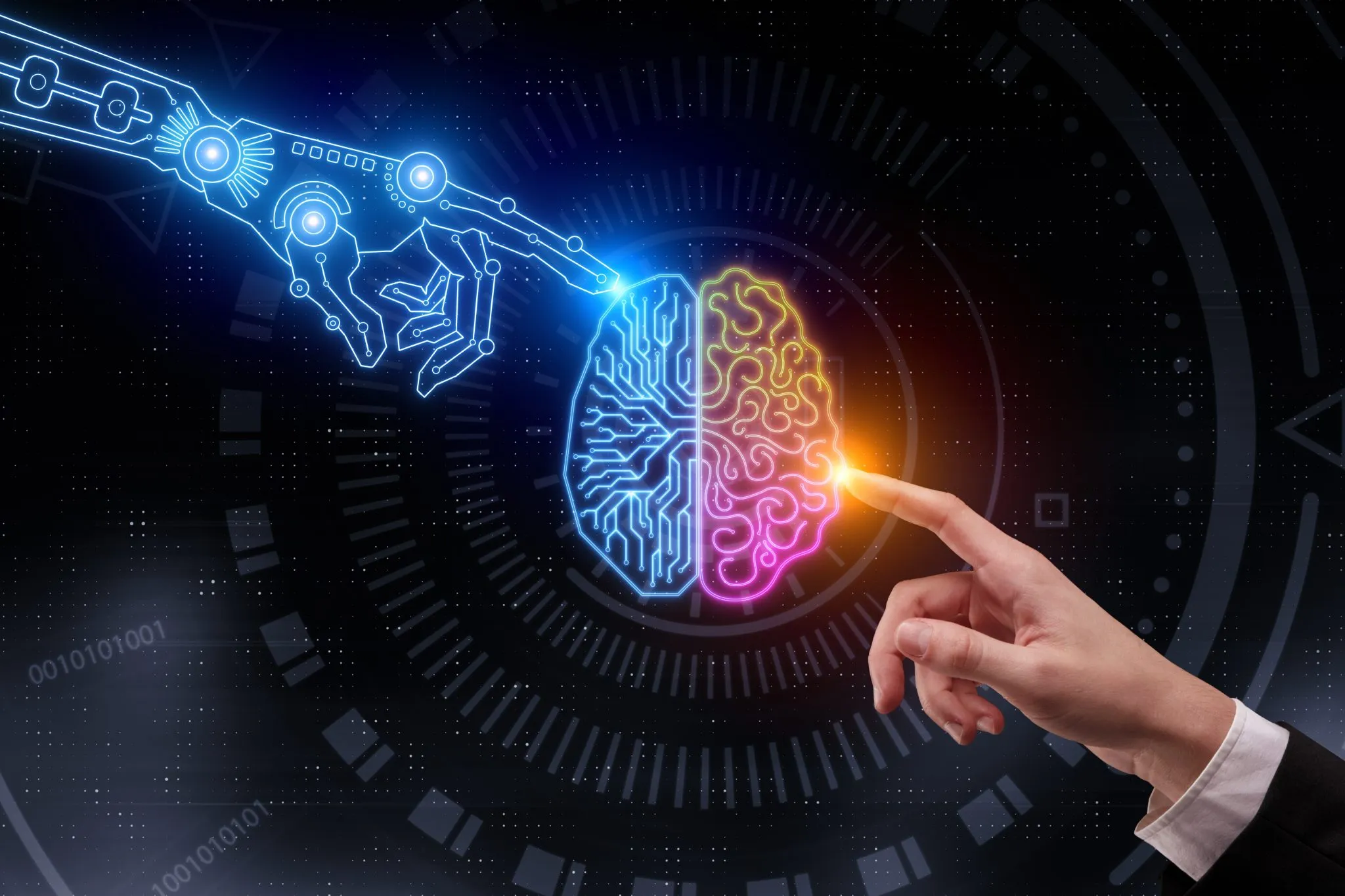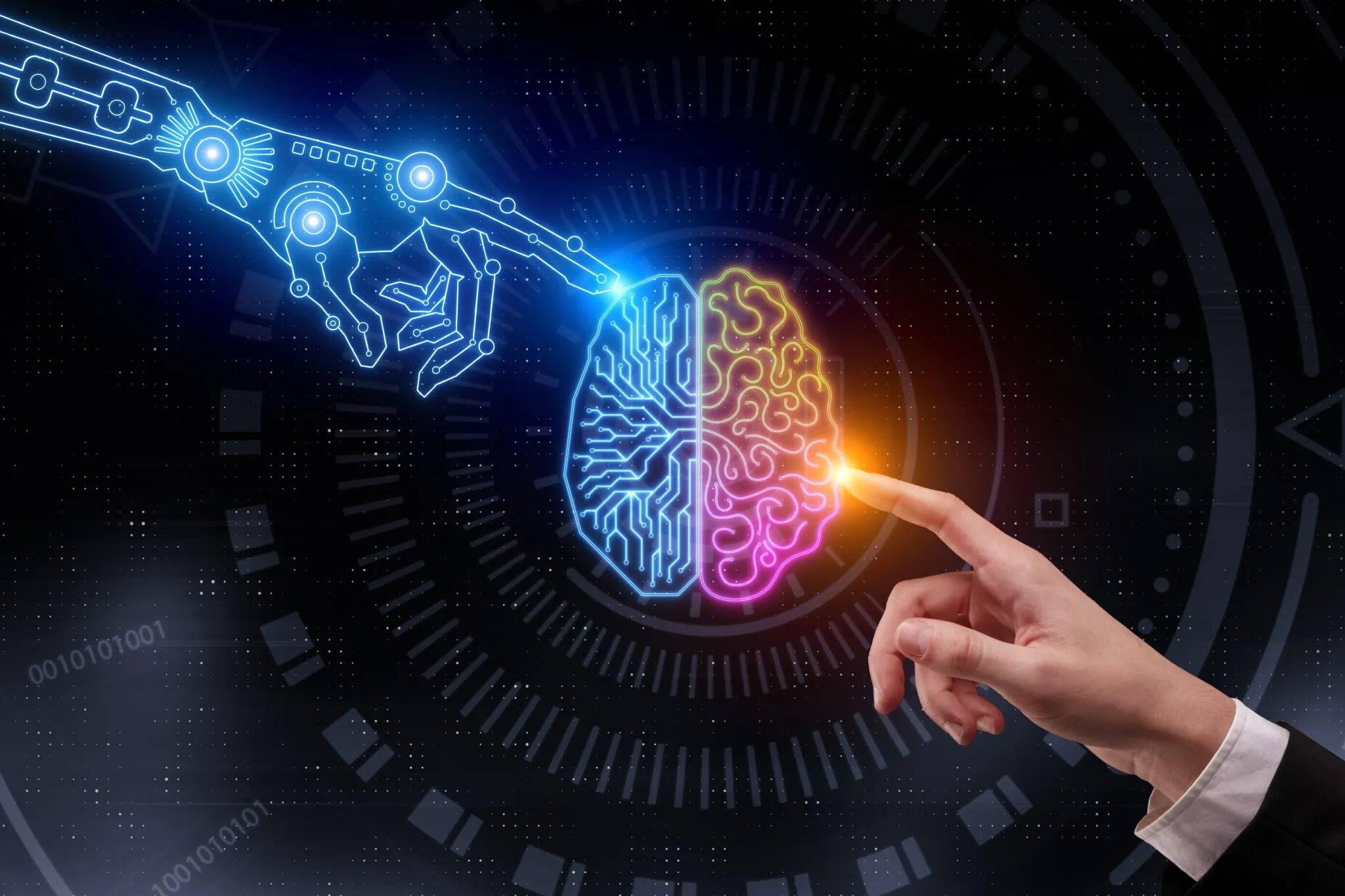What are advantages and disadvantages of AI
What are advantages and disadvantages of AI ? Artificial intelligence is highly effective at handling and analyzing vast amounts of data at speeds far beyond human capability. This ability helps businesses and researchers gain insights that would be difficult or impossible to obtain manually, leading to better decision-making and innovation.
Artificial intelligence systems are programmed to follow algorithms, which reduces the likelihood of errors that might occur due to human fatigue, oversight, or other factors. This precision is particularly beneficial in fields such as medicine, finance, and engineering, where accuracy is crucial.
Unlike human employees, AI can function continuously without fatigue. What are advantages and disadvantages of AI on continuous service and production ? AI ensures operations can continue around the clock without interruptions. Powered robots can operate in conditions that would be dangerous or impossible for humans, such as deep-sea exploration, space missions, or handling hazardous materials.
This reduces the risk of harm to human workers and opens new opportunities for exploration and innovation. However one of the main drawbacks of AI is its potential to replace human jobs, particularly in industries that rely heavily on manual or repetitive work. While artificial intelligence can create new types of jobs, it often leads to unemployment or a demand for reskilling that can be challenging for many workers.
On the other part of what are advantages and disadvantages of AI, developing and implementing these systems can be very expensive. Businesses may face significant upfront costs for purchasing equipment, developing software, and training employees. For smaller companies, this can be a significant financial burden.
AI, despite its advanced capabilities, is limited in its creativity and cannot truly innovate or think outside the box in the way humans can. While it can generate content and solutions based on existing data, it does not possess human intuition or creative thought processes. AI systems rely heavily on the quality of the data they are fed. If it is biased or flawed, the AI will produce skewed or inaccurate outcomes.
This can lead to unintended consequences and ethical issues, particularly in areas like hiring, policing, and loan approvals. It is interesting then to reflect on what are advantages and disadvantages of AI on ethical questions, such as privacy, surveillance, and the potential for misuse in warfare or manipulation.
Additionally, AI systems can be vulnerable to hacking or exploitation, posing risks to sensitive data and security. In sectors like customer service and healthcare, the human touch is essential for empathy and connection. AI, no matter how advanced, lacks genuine emotions and cannot fully replicate human interactions, potentially leading to a colder, less personal experience for users.
It is interesting to ask what are advantages and disadvantages of AI as while it offers transformative benefits that enhance efficiency, accuracy, and innovation, it also presents notable challenges, such as job displacement and ethical concerns. Balancing the use of AI with human oversight and responsible implementation can help maximize its advantages while mitigating its drawbacks.
AI continues to evolve and integrate deeper into various aspects of life, raising the question of where its development might lead in the future. Proponents argue that with responsible use, AI can greatly enhance human capabilities, acting as a powerful tool to complement rather than replace human work.
For instance, what are advantages and disadvantages of AI in healthcare ? Artificial intelligence can assist doctors in diagnosing diseases more accurately or tailoring personalized treatment plans, improving patient outcomes. Additionally, in education, AI-driven tools can provide customized learning experiences that adapt to individual students’ needs, fostering better learning opportunities and engagement.
However, as AI becomes more advanced, concerns around control and regulation grow. The potential for AI to reach levels of autonomy that challenge human oversight raises ethical and safety questions. Issues like AI bias need careful attention, as they can perpetuate existing societal inequalities if not addressed.
Furthermore, as AI becomes more embedded in daily life, ensuring that its development aligns with human values and interests is crucial to prevent unintended consequences that could harm society. Thus, while the future of AI holds immense promise, navigating its risks with clear policies and proactive measures is essential for fostering a future where AI serves humanity responsibly and ethically.





